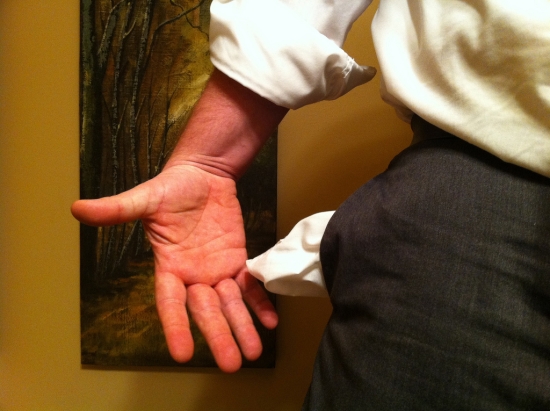Traditionally, the run up to Christmas is one of the busiest times in the calendar for retailers, with a flood of consumers desperate to get their hands on the year’s must-have gifts. However, during the recession, shoppers tended to spend more cautiously even during the festive season, with saving money seen as hugely important to the vast majority.

And although 2013 has seen a reassuring rise in consumer confidence, retailers have been warned not to become over-confident this year as household budgets remain tight due to rising inflation rates in essentials such as food, fuel and energy bills. In fact, the only category of non-essentials which has seen strong growth this year is home wares, thanks in part to a spike in the residential property market.
According to the latest monthly research released by MasterCard, total UK retail sales grew by 2.8 per cent in September when compared to figures from last year. While this certainly indicates that recovery in the retail industry remains stable, this was a sizeable slow-down from August’s mammoth 3.5 per cent growth rate – somewhat concerning at a time when most retailers are busy gearing up for the busiest time of the year.
Group head at MasterCard Advisors, Sarah Quinlan, believes that ongoing economic pressures are making shoppers wary of spending in earnest.
She says; “Households are still cautious and not making big ticket purchases at the moment, so we’ll be watching the next few months closely to see if things pick up in the run up to Christmas.”
Unfortunately, September’s growth was not spread evenly across the board, as fashion retailers recorded a 2.1 per cent drop in like for like sales. However, this was compensated for by a 12.8 per cent boost in sales of products for the home.
Deloitte predicts that the increasing popularity of mobile shopping will play a large part in the fortunes of retailers this Christmas, estimating that around £18 billion worth of store sales will be directly influenced by advancements in online shopping. While only £5 billion worth of sales are expected to be made using mobile apps themselves, the “shop window” phenomenon whereby consumers check availability and prices online before or during their shopping trip will encourage consumers to make a purchase, claims Deloitte.
With figures from MasterCard showing that overall sales have increased by an average of 2.9 per cent over the past six months, compared to only 1.7 per cent over the previous six month period, retailers can certainly be assured that they are now in a better position than during the fraught times of economic difficulty. Yet with energy prices set to rise once more and consumers remaining wary about their personal finances, those expecting a boom Christmas trading period harking back to those pre-2008 may be sorely disappointed.
Do you think consumer spending will increase significantly as Christmas approaches, or will many shoppers hold out for the post-Christmas sales before splashing out on luxury items?
Previous Post
Can Stoke-on-Trent Save the High Street?